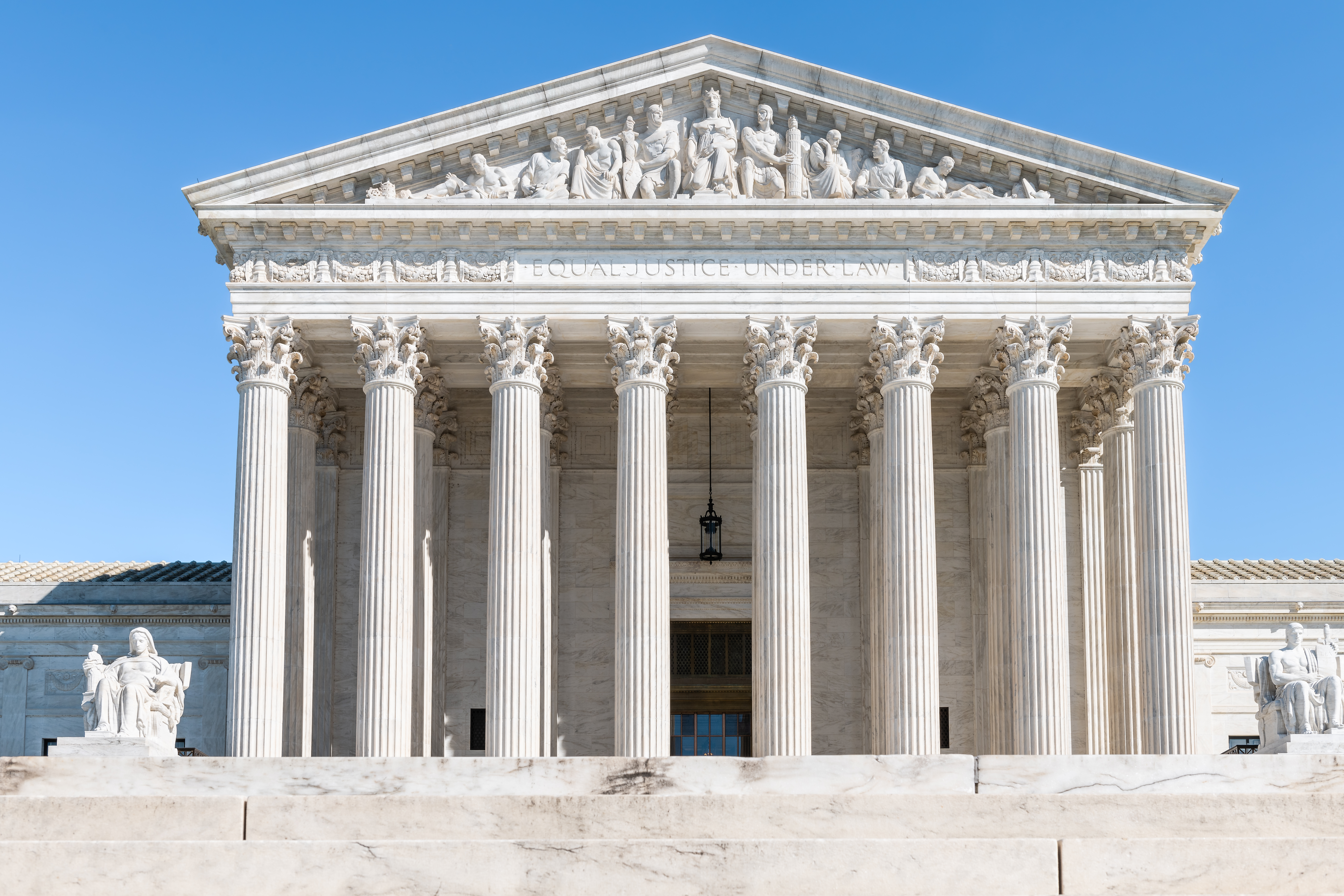Giganews Wins $5.6M Against Perfect 10 Over Copyright Misadventure
Yesterday Austin-based Usenet provider Giganews was awarded more than $5.6 million in attorney’s fees and costs by a federal court in California, relating to its lengthy battle to exonerate itself of spurious infringement allegations from serial copyright litigant Perfect 10. The court awarded fees in order to “discourage serial litigants from bringing unmeritorious suits and then unnecessarily driving up litigation costs in order to drive a settlement.” (A statement by Giganews and link to the order are here.)
Represented by “high stakes” IP litigator Andrew Bridges of Fenwick & West, Giganews has been slugging it out with adult content purveyor Perfect 10 since 2011.
Perfect 10 is likely no stranger to copyright nerds; its litigation campaigns against a who’s-who of Internet properties in the previous decade yielded few victories for the company, but did lead to important precedents on intermediary liability and fair use, including search engines’ use of thumbnails. (Some of these cases comprise the so-called Perfect 10 “trilogy”; including Perfect 10 v. Google, Inc., Perfect 10 v. Amazon.com, Perfect 10 v. VISA, Perfect 10 v. CCBill LLC.)
As the district court noted in its ruling yesterday, Perfect 10 has been known to circumvent the DMCA takedown process:
Perfect 10 has a long, documented history of sending service providers inadequate takedown notices under the DMCA that fail to identify specific infringing material, and then bringing suit for the service providers’ failure to respond to deficient DMCA takedown notices…
Perfect 10’s behavior was not the sort of DMCA abuse we’ve previously described here at DisCo; the company’s goal wasn’t to suppress speech or criticism. Rather, the goal was to create the appearance of having complied with the DMCA’s notice and takedown process, so as to allow it to bring a federal suit. By making formalistic efforts to comply which did not actually assist the online service with removing Perfect 10’s content, Perfect 10 could claim to have ‘checked the box’ and yet still head to the courthouse and demand statutory damages.
“A successful defense of a copyright infringement action,” Chief Justice Rehnquist once wrote, “may further the policies of the Copyright Act every bit as much as a successful prosecution of an infringement claim by the holder of a copyright.” Speaking for the court in the case Fogerty v. Fantasy, Inc., Rehnquist was describing the travails of musician John Fogerty (of Creedence Clearwater Revival fame) who successfully defended against allegations that he infringed himself in a case that once rivaled the recent “Blurred Lines” litigation for copyright strangeness.
As I explained when testifying before Congress about copyright remedies last year, troll-like cases are not uncommon when it comes to pornographic content. Federal courts have increasingly expressed concerns about “trollish” behavior, but there have been fewer instances where judges awarded fees to discourage misconduct. (DisCo has previously covered some of these cases.) Perhaps the most notorious litigant has been Prenda, the subject of Joe Mullin’s comprehensive Who’s Behind Prenda Law? series.
Like Perfect 10, Prenda was also the subject of court-ordered penalties — although it is by no means clear that the victims of either litigation campaign will ever recover the full compensation that they have been ordered.








